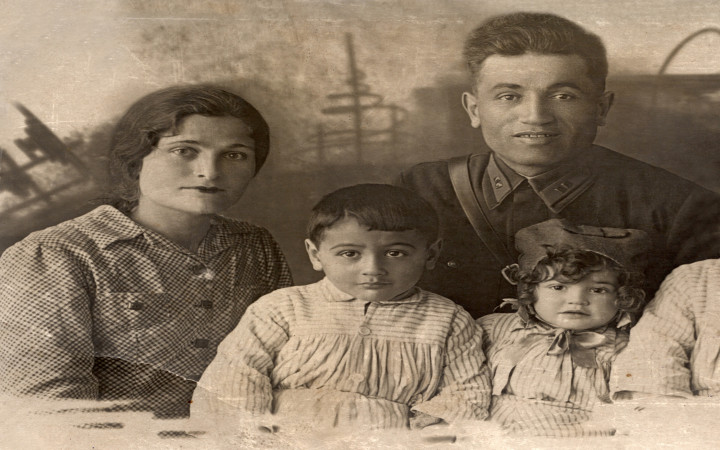Today’s Wonder of the Day was inspired by Amanda. Amanda Wonders, “What is Heredity?” Thanks for WONDERing with us, Amanda!
Can you roll your tongue? Which hand do you use to write? Do you have deep dimples when you smile? Have you ever WONDERed where these traits come from? Believe it or not, these are all things passed down in genes. That means they came from your biological parents. They got them from your grandparents, great-grandparents, or even your great-great-great-grandparents.
People get many things from their ancestors. And traits aren’t the only things that are passed down. Often, trades and talents also run in families. Does your family grow food? Do they build furniture? How about houses? These are just a few examples of skills people can learn from their ancestors.
In many ancient societies, children took on their parents’ occupations. If your parents were blacksmiths, carpenters, or fishermen, that’s what you became. In fact, many families still pass down occupations today. It’s common in families that own farms or businesses. At an early age, children start learning the skills developed by their ancestors over many years. When they reach adulthood, they take on the job that’s been passed down to them.
People can also learn important lessons from their ancestors. Does your family have a special set of principles? What do your family members value? You might be generous, patient, or hard-working. That’s likely because family members taught you those were important values.
Of course, many people don’t know much about their ancestors. Sometimes, families are separated by long distances. Others simply lose touch. Other times, they’re torn apart by terrible things like war or slavery. When you don’t know who your ancestors were, it’s hard to learn anything from them.
To solve this problem, many people take an interest in genealogy. This is the study of families and family history. People use tools online and in public records to find out who their ancestors were. They can even find old pictures or learn where they came from. In doing so, they might learn new things about themselves. Some even find new family members they knew nothing about.
All people can learn about human ancestors through anthropology. This is the study of human beings and their societies in the past and present. Through anthropology, people learn about the food ancient people ate and the diseases they faced. Anthropology experts can also track human movement around the globe. They learn how societies started and how they grew.
What do you know about your ancestors? Do you think they looked like you or enjoyed the same things you do? If you go back far enough, you might learn where your family started. You might even find what jobs your earliest ancestors had. There’s much to learn by studying family backgrounds.
Standards: NGSS.LS3.A, CCRA.L.3, CCRA.L.6, CCRA.R.4, CCRA.R.1, CCRA.R.2, CCRA.R.10, CCRA.SL.1, CCRA.SL.2




